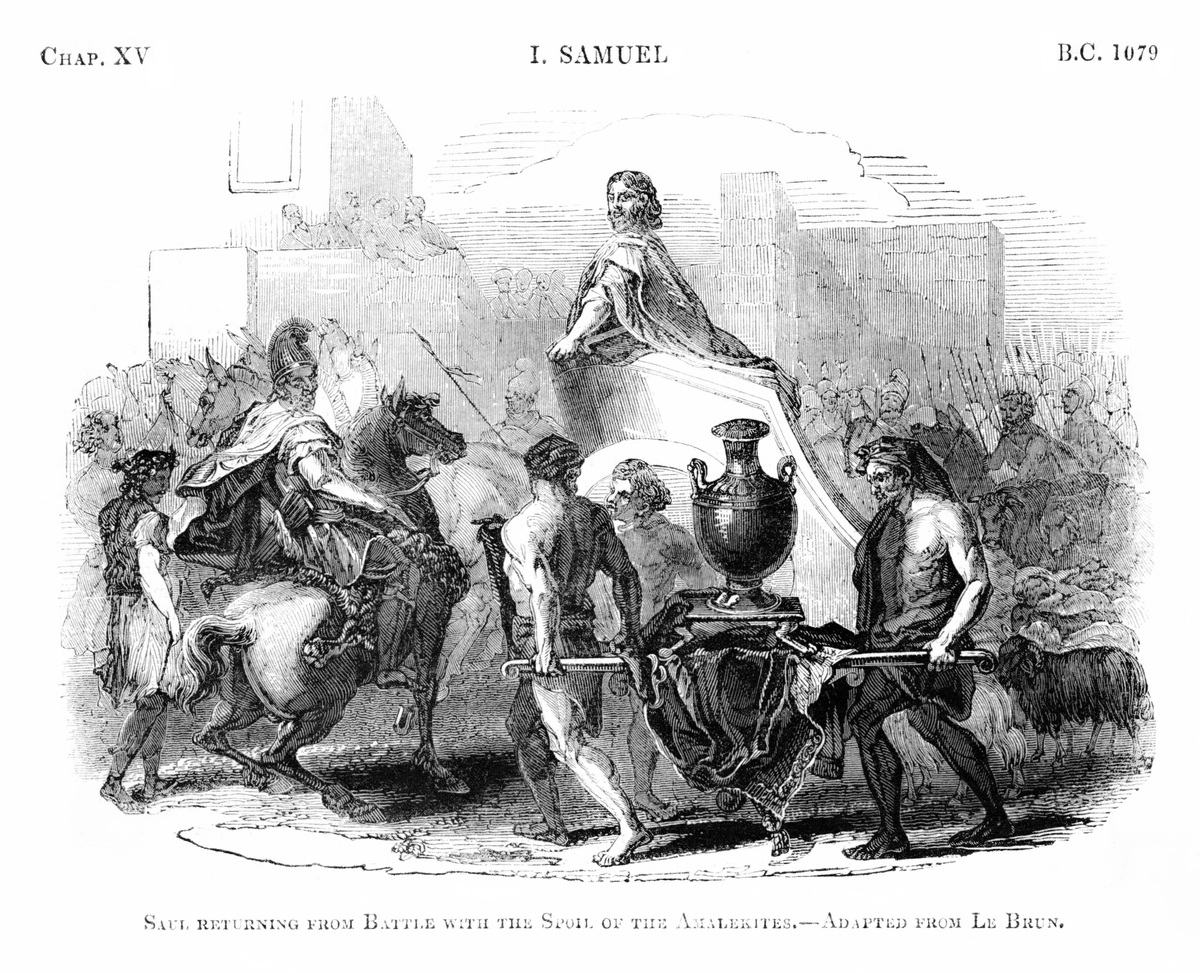Existentialism in T.S. Eliot's 'The Waste Land': A Philosophical Analysis
T.S. Eliot's long poem 'The Waste Land', published in 1922, is widely considered a groundbreaking work of 20th century Western poetry. Existentialism, as a philosophical trend that permeated the entire century, had a profound influence on literature. 'The Waste Land' was written during the same era as the rise of existentialism, and Eliot focused on the spiritual void that followed the collapse of modern faith. Through his exploration of philosophical concepts such as death, time, and absurdity, he sought to reconstruct the spiritual world. This aligns with the central tenets of existentialism, making 'The Waste Land' a significant exploration of existentialist thought.
This paper aims to analyze 'The Waste Land' through an existentialist lens, examining its philosophical value and profound significance. The paper will focus on analyzing key philosophical concepts, such as 'living towards death' and 'temporality', as well as how Eliot uses paradox to illustrate absurdity and how he searches for meaning in an absurd world. Furthermore, the paper will explore the value and significance of the existentialist ideas embodied in 'The Waste Land', highlighting its influence on modern literature and its capacity to inspire deep thought among readers.

原文地址: https://www.cveoy.top/t/topic/ofo9 著作权归作者所有。请勿转载和采集!